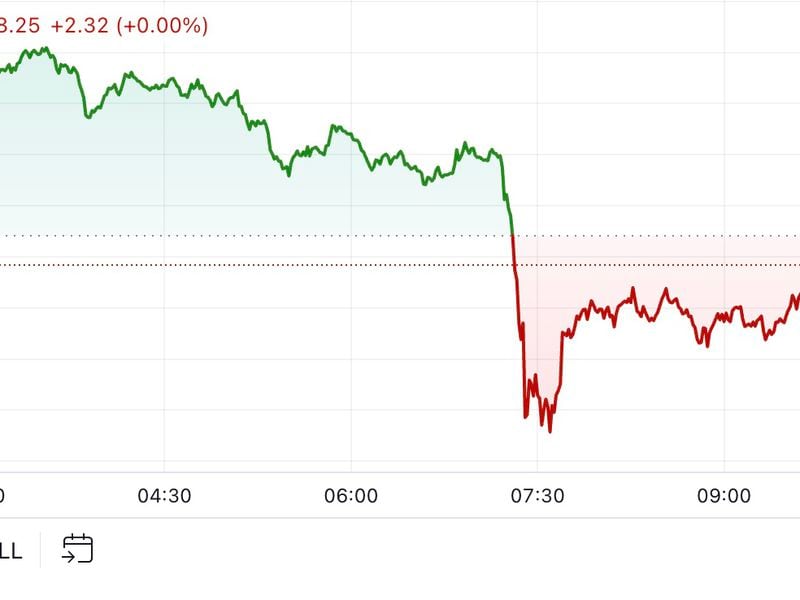Crypterium Introduces Global Crypto Payments Card

Crypterium – a financial technology startup based in Estonia — launched the Crypterium Card, the first crypto card available globally.
Prior to this launch, crypto cards, such as the Coinbase Card, were only accessible in specific countries or by region, according to the company. Coinbase recently announced it would roll out services to six additional European countries after being only available for users in the U.K.
Crypterium believes that crypto cards are the “easiest and fastest way for holders to access their digital currencies,” but were concerned availability was too limited or arbitrary to make it a legitimate option for crypto payments on the world stage.
“By ‘global’ we mean that no matter where people are based, they can order and receive it in only 3 business days,” said Matias Lapuschin, in an email to CoinDesk. This point is repeated on the company website, that “no matter where you are based,” a Crypterium Card can be shipped to your door.
The company has already tested the payment services through 5,000 Estonian clients who preordered, to confirm it works as a payment option.
Card developers also tested the product while travelling to cryptocurrency conferences across the world, using the prepaid plastic to purchase goods and services in bitcoin, ether, and litecoin across the Americas, Asia and Europe, thus confirming the advertised claim of global application, Siranush Sharoyan, company representative, told CoinDesk in an interview.
Interest in the card is admittedly concentrated in regions where banking services are less developed, such as in South America and Southeast Asia, according to Sharoyan. Though she also said there are a number of requests coming from the U.S.
The card is linked to the Crypterium App, which has over 500,000 users in the U.S. and U.K. Those that are interested will need to provide proof of identity — passport, national ID or driver’s license — and proof of residence in the form of utility bill, bank or credit card statement.
The card does not charge transaction fees, though there is a 1.5% fee when adding prepaid funds. There are also daily and monthly limits, which top off at $10,000 per day, and $60,000 per month — “which should be enough for anybody,” said Sharoyan.
Crypterium alleges it is fully compliant with U.K. and Estonian laws, and that it issues the cards using their bank partner’s license, according to Sharoyan. Though, when asked which bank the company partners with, Sharoyan did not immediately recall the name, and said she needed to “look at the [bank’s business] card,” which was not immediately handy.
Later, when CoinDesk asked for confirmation, a company spokesperson said, “Our legal department says that we aren’t allow to disclose the partnership for reasons concerning competition among card players. We are, however, able to confirm that it is a top financial institution in the Philippines, fully compliant with local laws, as well as UK and EU regulations.”
However, the crypto card’s website states, “The Crypterium Card is a UnionPay prepaid debit card.” The card can be used wherever UnionPay is accepted. “Nowadays, there are nearly 23 million merchants connected to the UnionPay network in over 175 countries.”
“Unlike other players in the market, we opted for UnionPay as a card processor because it’s the only one that enables global coverage. Visa and MasterCard work in regions: UK, Central Europe, US, etc.,” said Matias Lapuschin, representative for Crypterium. “For UnionPay, it’s either China or non-China. That gives us flexibility to serve all countries left behind by the rest of the cards in the market.”
The company established more than 300 partnerships with e-commerce retail services after building the first mobile payment service based on QR scanning in Eastern Europe.
It raised $1 million in a Series A funding, $7 million in a Series B financing in 2015, and $51 million during its 2017 ICO. It is backed by KPMG and H2 Ventures. Former general manager of Visa Europe, Steven Parker, serves as CEO. The company aims to make “cryptocurrencies as liquid as cash,” through its two main projects.
Crypertium saw that the regions where people actually treated crypto as a currency were also undeveloped in terms of services. “The main players in the [crypto card] market are focusing on developed countries, like the UK, US or EEA. That’s leaving behind plenty of holders from countries like Venezuela, Brazil, India, South Korea, etc. The Crypterium Card was designed to promote inclusivity in crypto-based financial services,” said Lapuschin.
In time, Crypterium will expand the coins it offers for the card, but will be selective about the currencies it selects. Sharoyan said the company is primarily looking at “major cryptocurrencies,” as well as companies “that are prepared to help us promote the product” through co-marketing or partnering to create solutions for their communities.
Card image via ShutterStock










